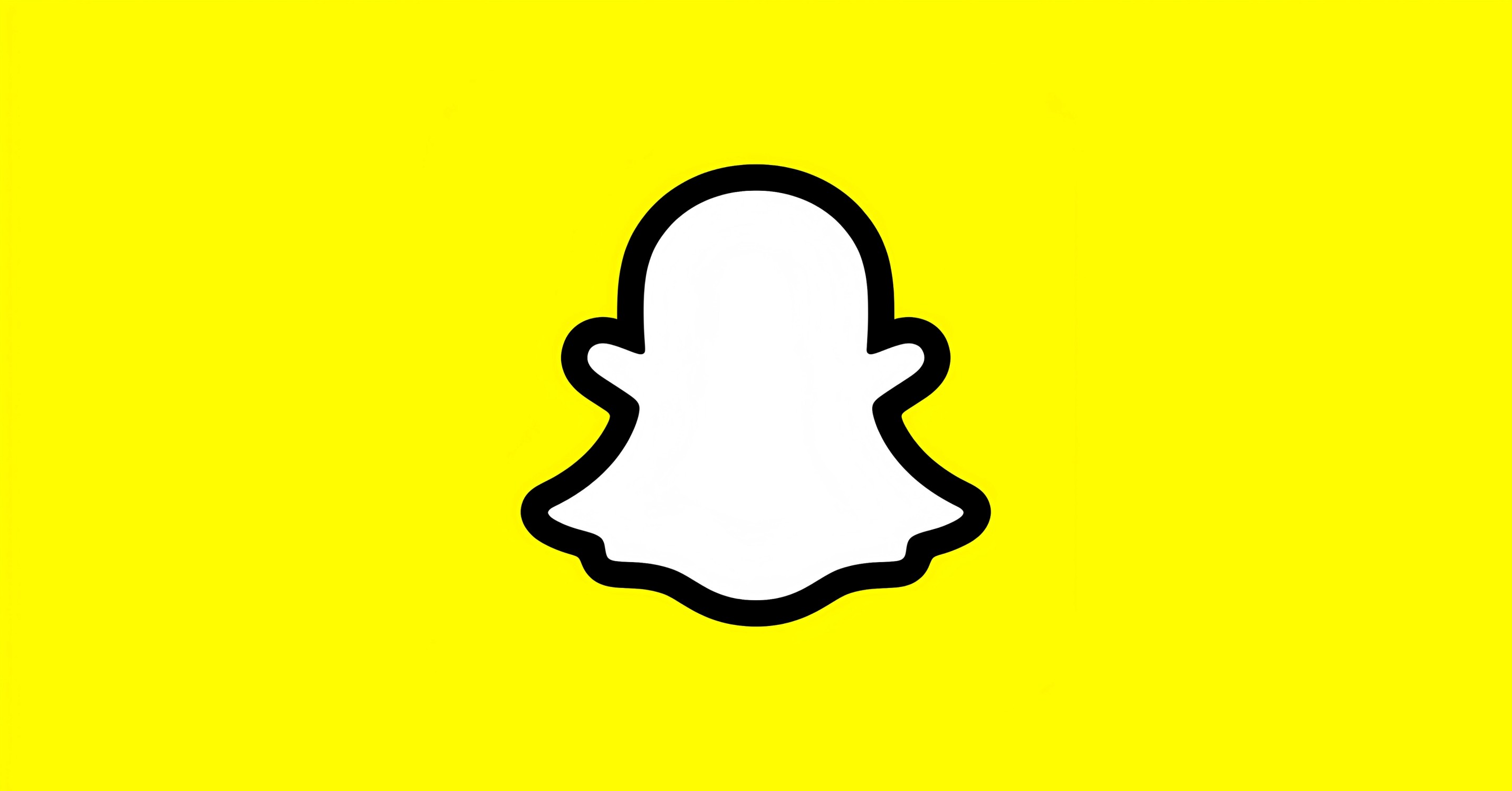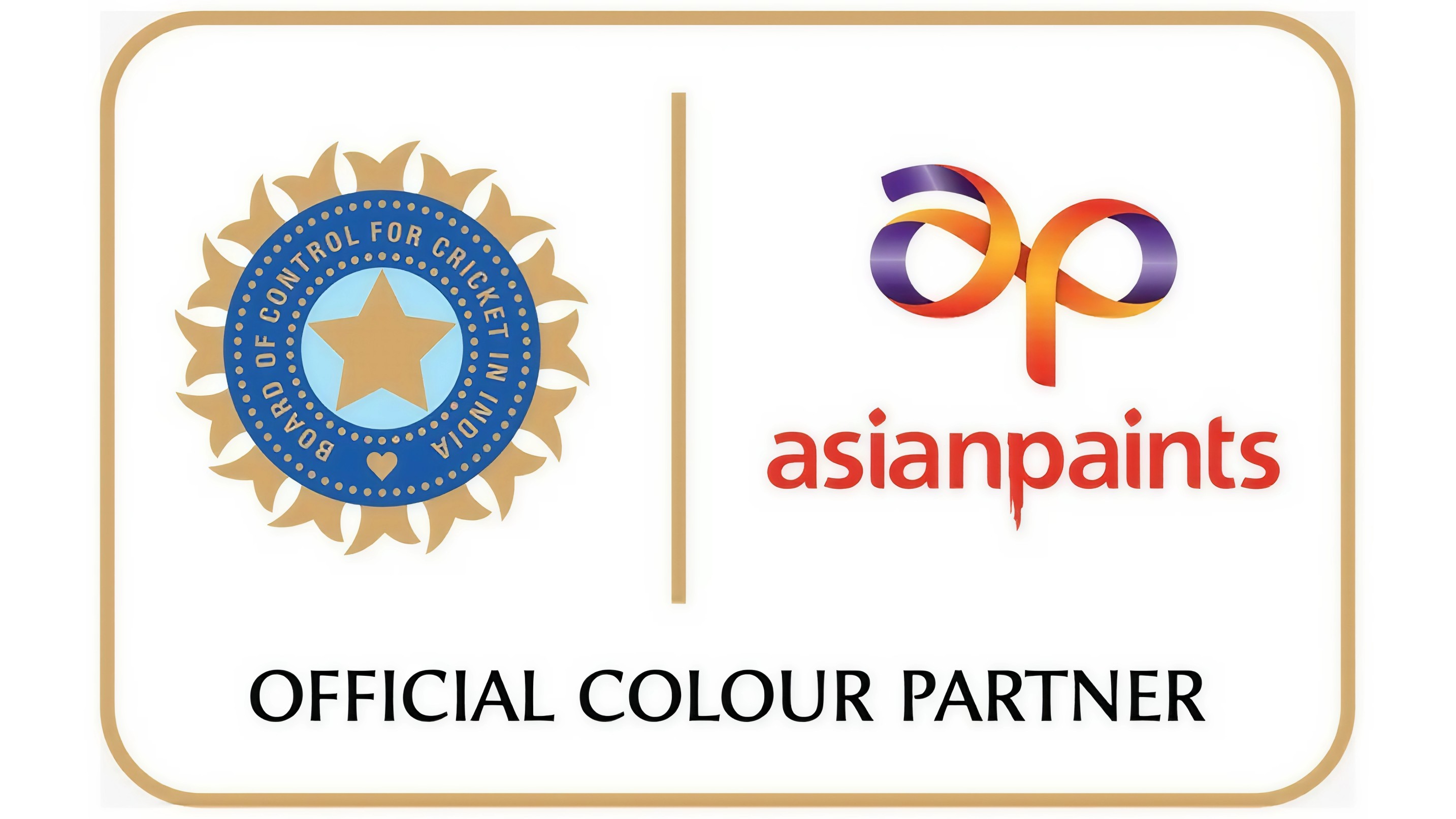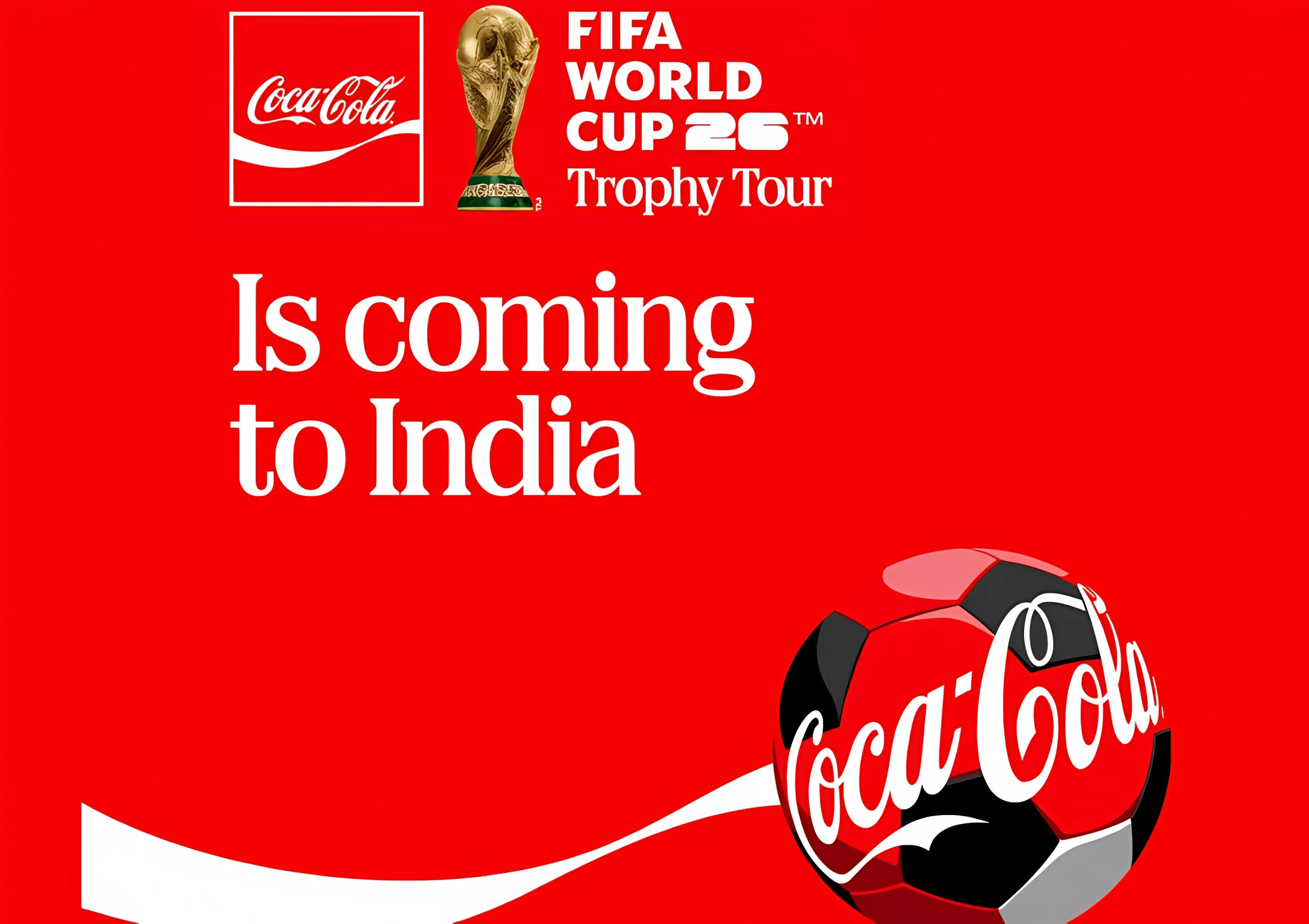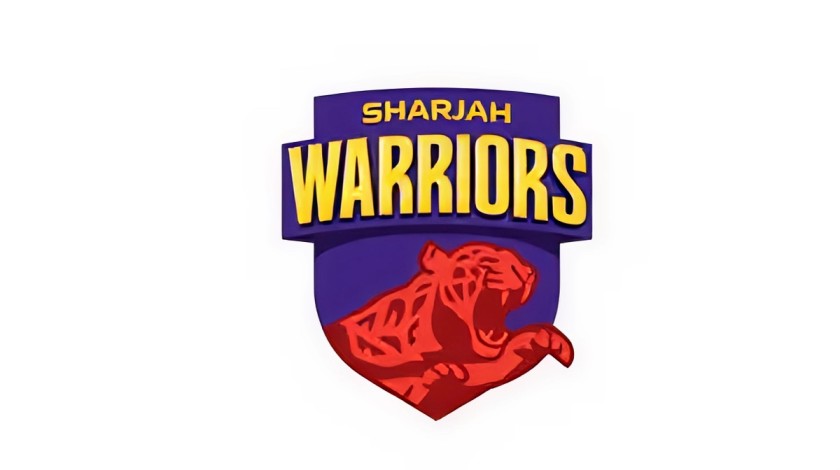Two of the world’s most iconic brands are stepping into the future by going back to the basics. PepsiCo and Coca-Cola are both embracing a cleaner, more natural product approach that could redefine how millions consume snacks and soft drinks. The move comes in the wake of a growing health-first movement across the United States, led by public figures and driven by evolving consumer demands.

PepsiCo is preparing to re-launch its popular Lay’s and Tostitos brands with a bold new message. This time, the spotlight is not on what’s inside the chips but what has been removed. Artificial colors and flavors are out, and the focus is now on real ingredients like potatoes, salt, and healthier oils. With avocado and olive oils replacing canola and soybean in more products, the company is positioning itself as a champion of the “real food” era.
This rebranding aligns with the goals of Robert F. Kennedy Jr., the current United States Health Secretary, who is spearheading the Make America Healthy Again movement. His push to eliminate synthetic dyes and promote whole foods is putting pressure on food manufacturers to rethink their ingredient lists. PepsiCo is responding not just by adjusting a few product lines but by reimagining its entire snack portfolio. The company has already introduced dye-free versions of Lay’s and Doritos under its Simply range and now plans to extend this across its mainline offerings.
ADVERTISEMENT
Coca-Cola is also making headlines, with reports suggesting a possible shift from high-fructose corn syrup to cane sugar in its U.S. beverages.
The news came shortly after former President Donald Trump claimed that Coca-Cola would adopt cane sugar following discussions with the company. While Coke has not officially confirmed the timeline, they have acknowledged that more product updates will be revealed soon.
:max_bytes(150000):strip_icc()/Trump-Says-Coca-Cola-Agreed-to-Use-Cane-Sugar-FT-BLOG0725-595fb1b31a0f4181b0cb77f3dc2f4ff2.jpg)
This decision, if fully implemented, could send ripples across several sectors. The United States currently uses hundreds of millions of bushels of corn to produce sweeteners like corn syrup. A switch to cane sugar would not only impact American farmers but also shake up global trade relationships, especially with major exporters like Brazil. Given Trump’s import tariffs on Brazilian sugar, sourcing alternatives may prove complicated and costly.
Coca-Cola already sells cane sugar-based Coke in markets like Mexico and even in limited editions across some U.S. grocery stores, often marketed as “Mexican Coke.” This product has long had a cult following due to its perceived cleaner taste and natural sweetness. If rolled out at scale across the American market, the brand would mark a significant pivot toward transparency and health-conscious consumption.

Together, these developments signal a larger trend. Consumers are no longer just looking for tasty products. They want trust, clarity, and authenticity. In an era where every ingredient is scrutinized and brand loyalty hinges on values as much as flavor, companies like PepsiCo and Coca-Cola are beginning to listen more carefully than ever.
ADVERTISEMENT
These shifts are not just cosmetic changes to packaging or a fleeting marketing gimmick. They reflect a structural evolution in how brands approach food science, public sentiment, and social responsibility. The new playbook is clear: be clean, be conscious, and be compelling.
Follow Marketing Moves on Instagram and Facebook for more updates on how global brands are evolving to meet the demands of tomorrow’s conscious consumer.















